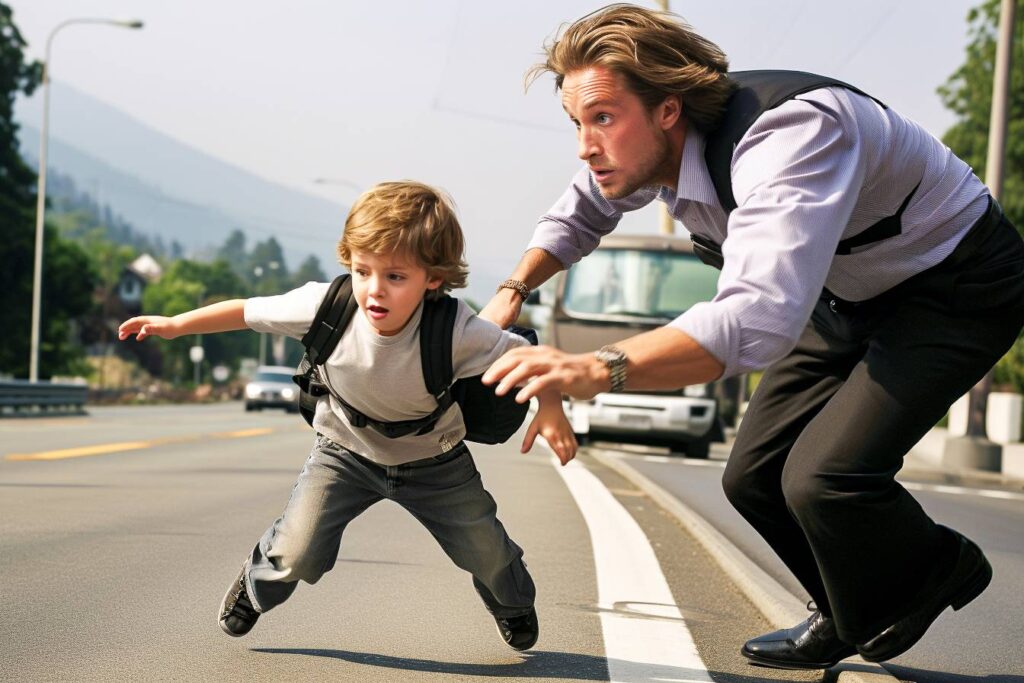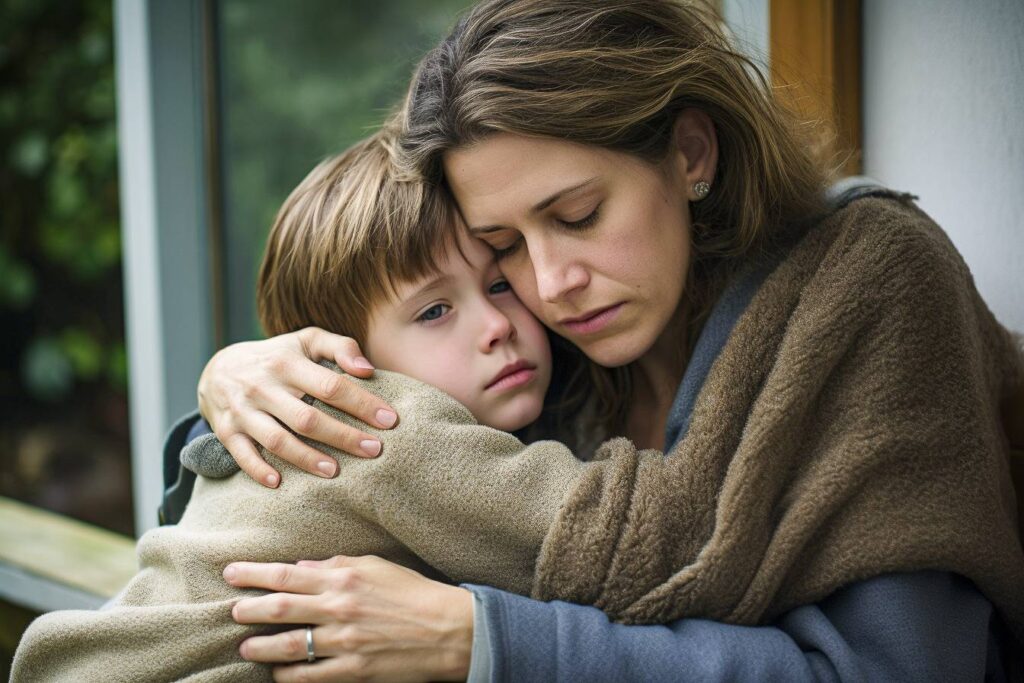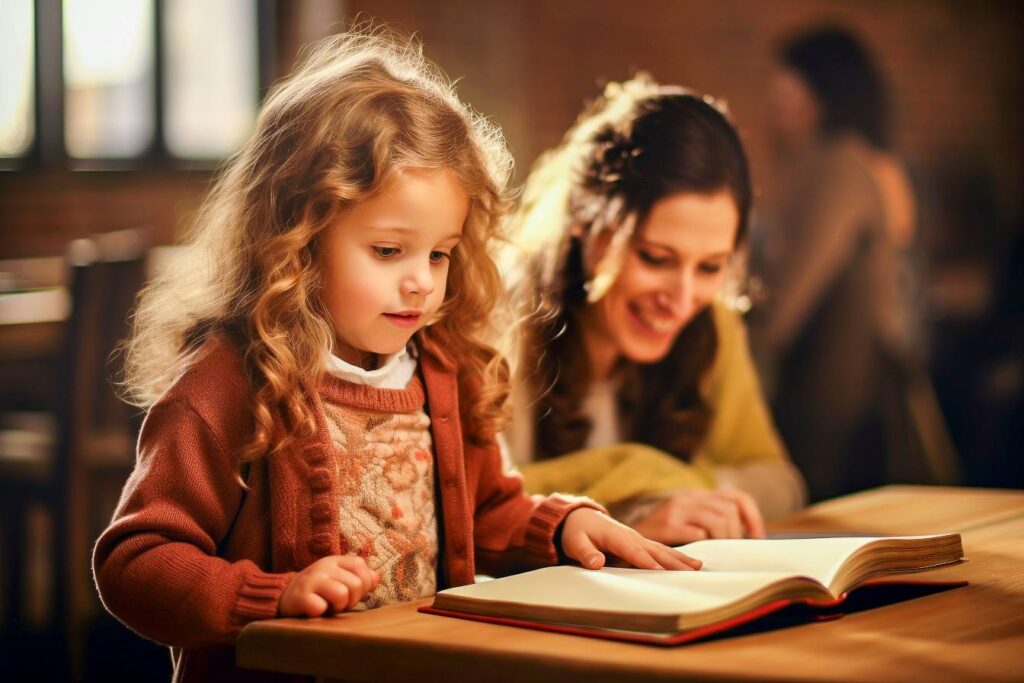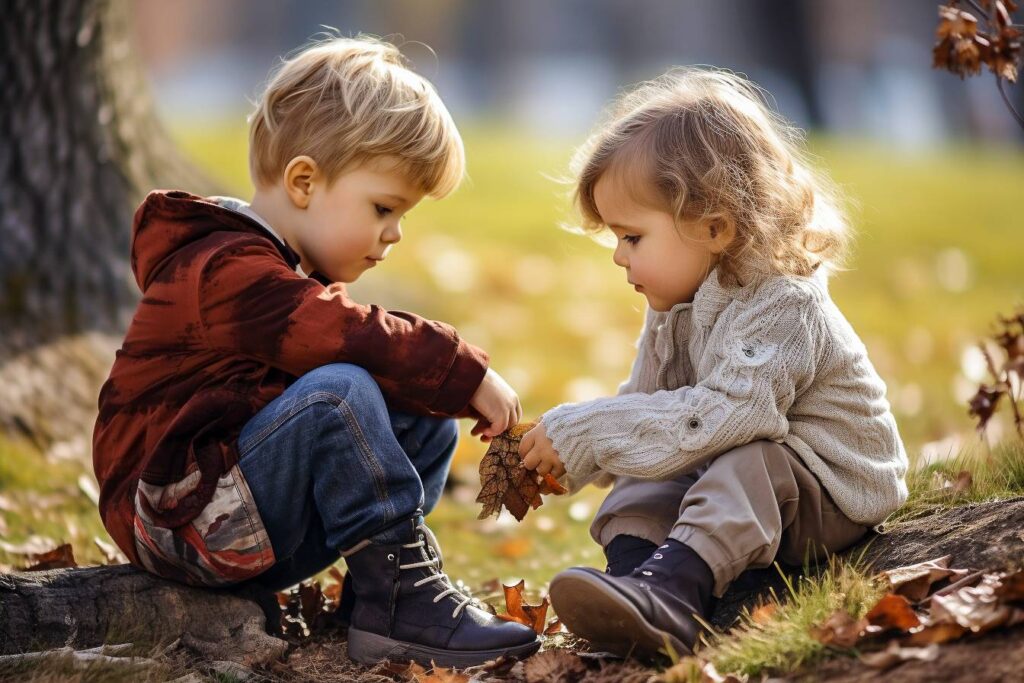The parental instinct is a natural tendency that people experience when they become parents. It is a strong sense of responsibility towards one’s offspring, expressed through care and protection. This instinctive drive motivates parents to nurture and ensure the well-being of their children at different stages of life. Although the concept of parental instinct is universal, its manifestations may vary according to cultural, societal and individual factors.
The parental instinct is essentially linked to the desire to ensure the survival and development of offspring. This instinct tends to “kick in” during pregnancy, when expectant parents begin to feel a heightened sense of responsibility for the well-being of their future child.
The expression of parental instinct can be observed in different ways. It can be in the form of meeting the physical, emotional or intellectual needs of the child. This instinct plays a crucial role in teaching children the life skills they need to survive without parental support.
From a biological perspective, parental instinct ensures the survival of the species. The desire to protect and care for offspring makes it more likely that the offspring will be able to survive the harsh conditions of the outside world.
Cultural and societal factors can influence the expression and interpretation of parental instinct. Expectations regarding parental roles, societal and cultural norms determine how individuals perceive and apply their parental instincts. While the core elements of parental instinct remain universal, the ways in which they are expressed may vary from culture to culture.
The parental instinct is not without its challenges. Parents make decisions that affect their child’s well-being and future, and societal expectations can have a huge impact on the decisions parents make. In addition, external factors such as economic conditions, social support or mental health can have a significant impact on the strength and effectiveness of parental instinct.
About responsibility: “You made me and now you are responsible for me. You are responsible for everything I do, everything I think, everything I feel. You should have known that. You should have understood that from the beginning. Now it is too late. Now you are responsible for everything that has happened, is happening and will happen to me. It will happen this way and no other way, only because you made me.”




